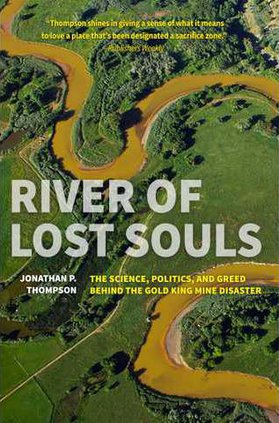ATLANTA— A state law aimed at helping taxpayers is causing more of them to appeal their property tax bills to county officials, who say the extra workload in some cases is costing hundreds of thousands of dollars.
For example, Fulton County officials say changing the law has caused property tax appeals to more than double from a then-record 15,000 appeals for the 2010 tax year to 31,000 for 2011. As a result, the county Board of Equalization is seeking an extra $250,000 to $450,000 in funding for expenses through December, said Melvin Richardson, the Fulton County board’s office director.
“With increased work comes increased costs, and we have experienced that in Fulton,” Richardson said.
The Atlanta Journal-Constitution reported that appeals also are growing in other Georgia counties since the new state property tax law took effect last year. The law not only moved boards of equalization — three-member citizen panels appointed to hear property tax appeals — from tax assessors’ officers to Superior Court clerks, but it also required counties for the first time to send all property owners an assessment notice with an estimate of their tax bills.
Many counties that hadn’t previously mailed such notices saw an increase in appeals from property owners after the first batch was sent. More appeals meant a larger workload, and increased expenses, for the panels that hear those appeals.
“It’s the counties that never did it or only sent them out on a five- or 10-year basis that are getting slammed,” said Cherokee Superior Court Clerk Patty Baker. Her county had already been sending annual notices to property owners.
In Cobb County, the Superior Court clerk has asked for $30,000 extra to cover the cost of hearing appeals through the end of the fiscal year in September. DeKalb County court clerk Debra DeBerry said she also had to ask for more funding this year for her board, which gets $442,000 overall, but didn’t get her full request.
John Sherman, president of the Fulton County Taxpayers Foundation, said the extra appeals there were caused by assessments that failed to reflect a decline in home values.
“When assessments are too high, taxpayers naturally appeal, and I do believe the boards of equalization are working overtime today,” Sherman said.
State Sen. Chip Rogers, a Republican from Woodstock, sponsored the law that was passed in 2010. He agreed inflated property assessments are to blame for the rise in appeals by homeowners.
“The fact is if the assessments were correct there wouldn’t be so many appeals,” Rogers said. “When we see local governments having to expend additional resources to handle the appeals, it just highlights the need to scrap this system.”
Property tax overhaul poses challenge for counties


Sign up for our e-newsletters


